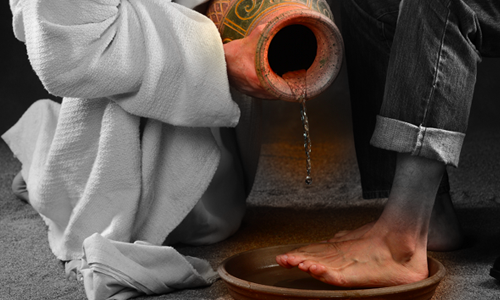我們塑造神學思考者
我們培養具有先知性想像力的神學思考者,透過聖經敘事的視角重塑生命與世界。
我們培育下一代屬神的僕人

我們培養具有先知性想像力的神學思考者,透過聖經敘事的視角重塑生命與世界。

我們培育一個門徒群體,讓神學學習及生命塑造得以在深度的屬靈友誼中實行。

我們裝備學生成為上帝和平的使者,促進關係的復和,並把盼望帶進充滿創傷的世界。

加神溫哥華關心學生的全人塑造,並提供支持,促進學生的心理、情感與靈性健康。


Lorem ipsum dolor sit amet consectetur adipiscing elit semper dalar elementum tempus hac tellus libero accumsan.